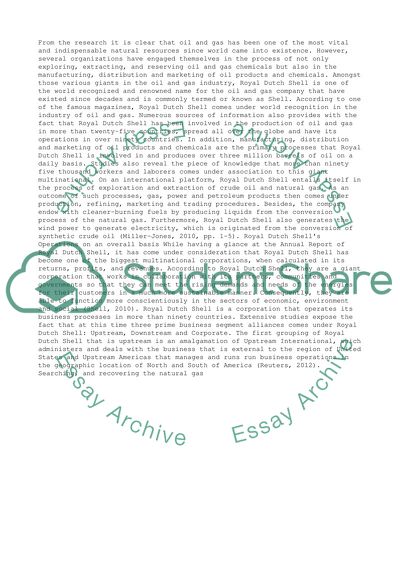Cite this document
(“International Business: Royal Dutch Shell Essay”, n.d.)
Retrieved from https://studentshare.org/business/1395503-any-good-topic-linking-international-business-with
Retrieved from https://studentshare.org/business/1395503-any-good-topic-linking-international-business-with
(International Business: Royal Dutch Shell Essay)
https://studentshare.org/business/1395503-any-good-topic-linking-international-business-with.
https://studentshare.org/business/1395503-any-good-topic-linking-international-business-with.
“International Business: Royal Dutch Shell Essay”, n.d. https://studentshare.org/business/1395503-any-good-topic-linking-international-business-with.


